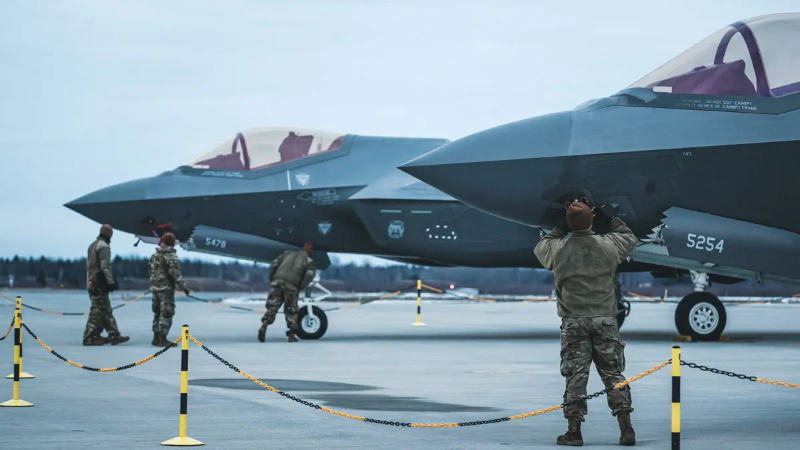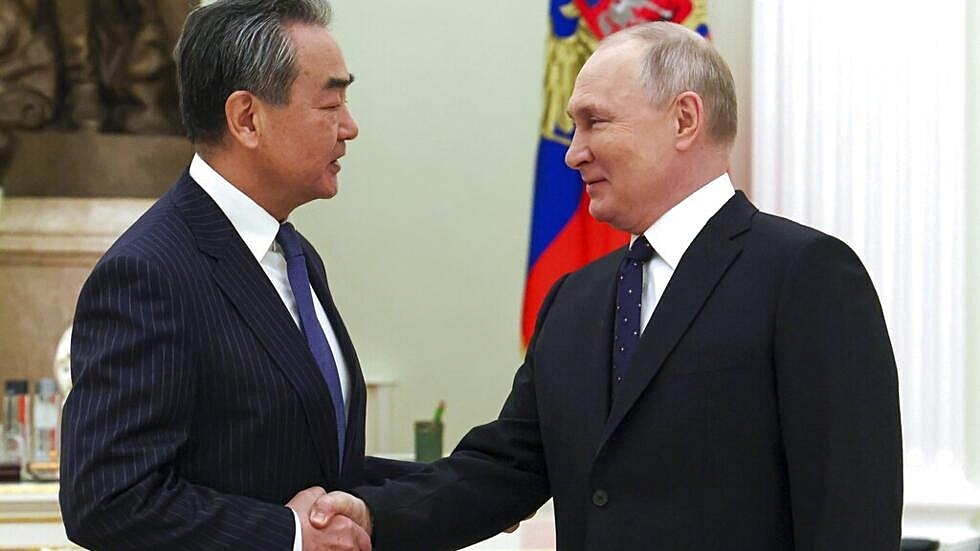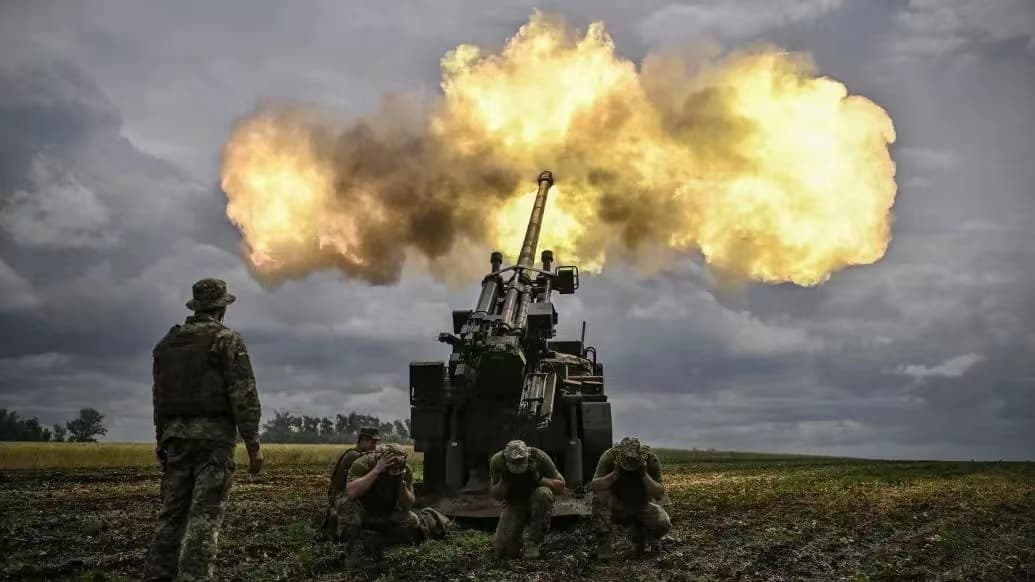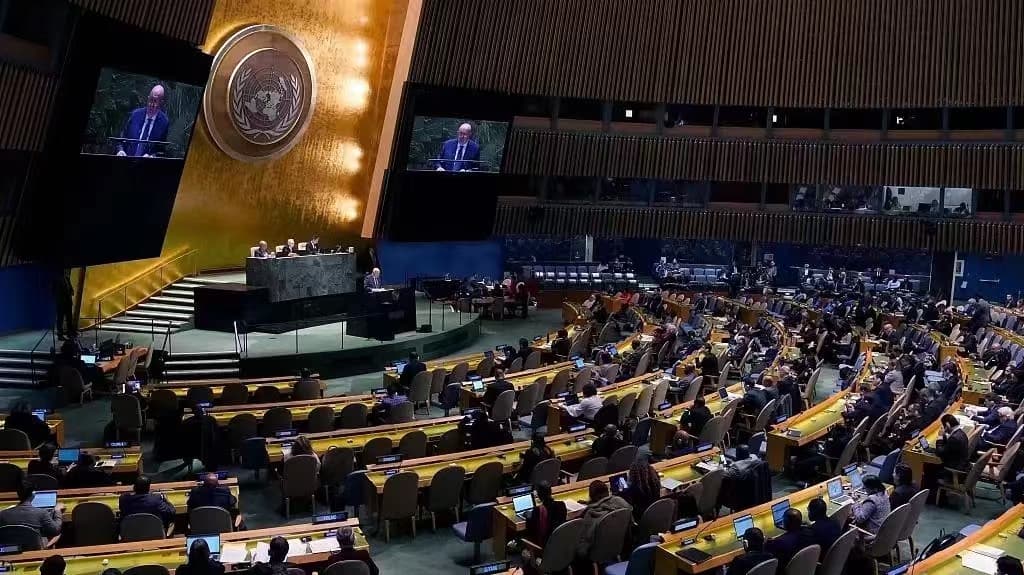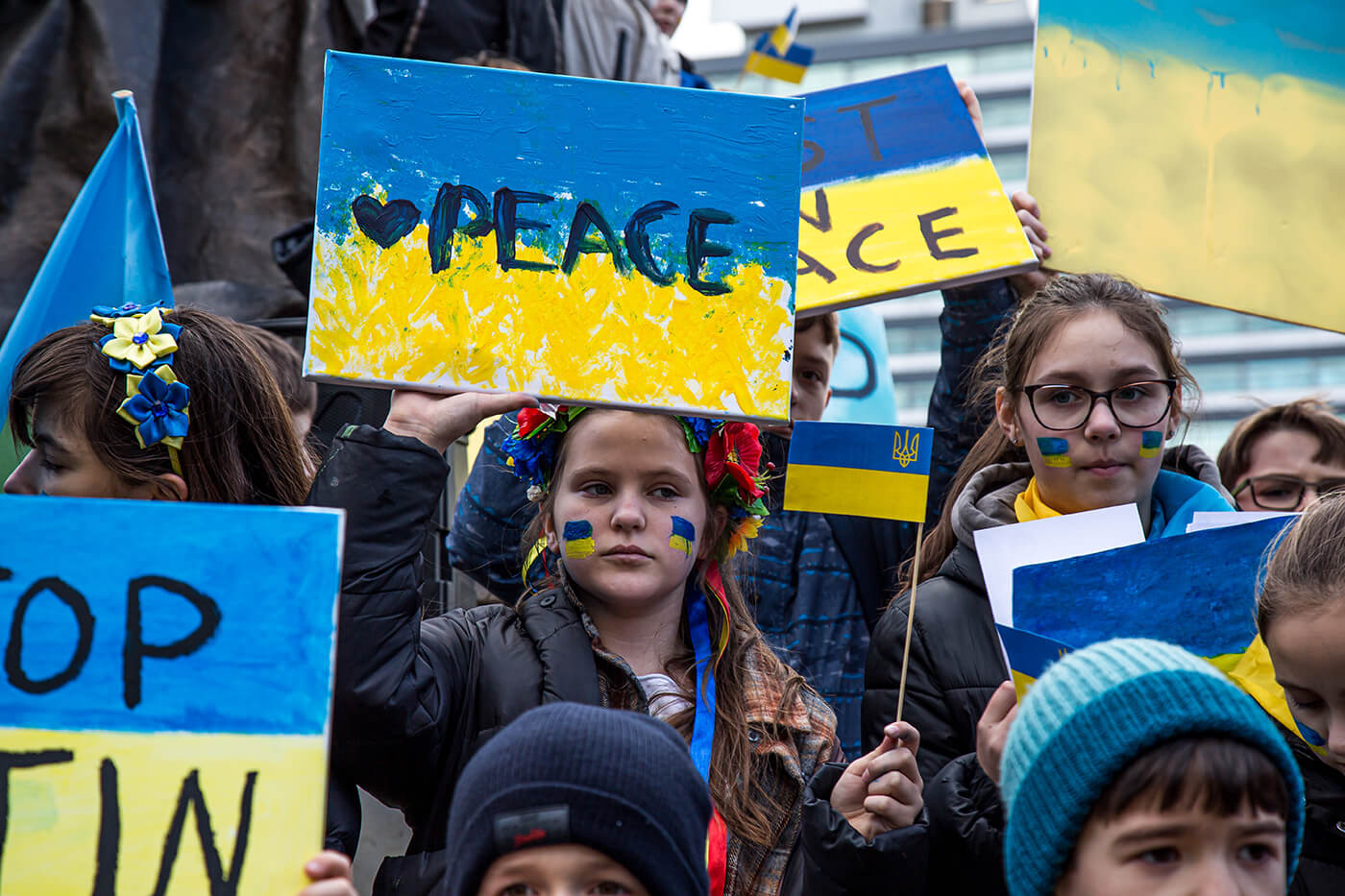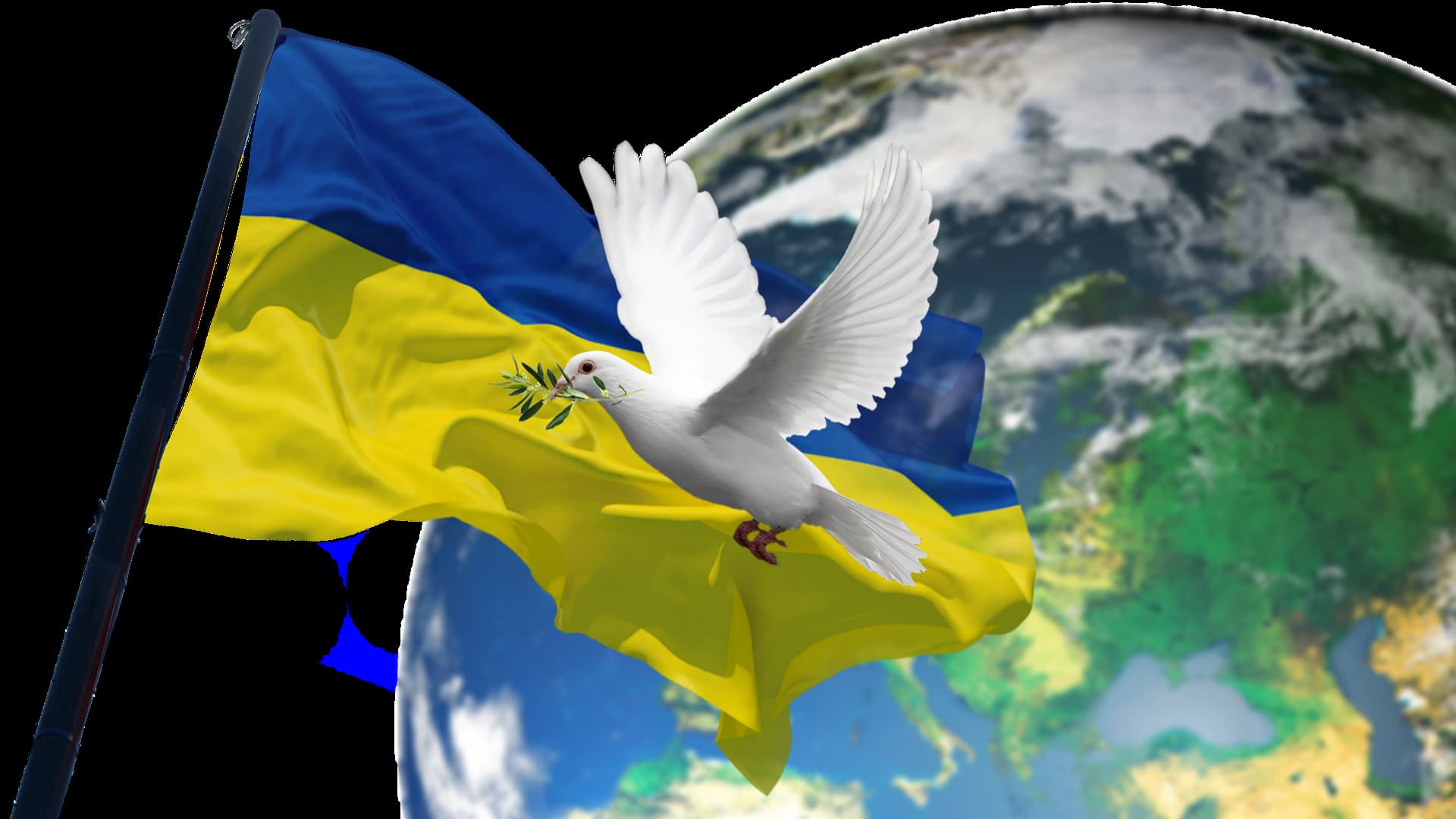
One year has passed since Russia launched its invasion into Ukraine. As the crisis intensifies, we are gaining more insight into the war in search of possible solutions. Generally, the conflict has impacted the international order in three aspects.
First, the Russia-Ukraine conflict has aggravated the instability and uncertainty of the major power relations which, based on the balance of power, largely determine how the international order evolves.
The influence of major countries or groups of countries has been weakened. “The Russia-Ukraine conflict, coupled with the continued impact of the COVID-19 and the global economic slowdown, has undermined the power and prestige of all major countries, with Russia hit the hardest, European countries facing the most confusing consequences, yet the United States impacted the least”, said Shivshankar Menon, National Security Advisor of India former Prime Minister.
Furthermore, the great power relations are eroded by enormous challenges as the Russia-Ukraine conflict is intensifying the bloc confrontation. Since the mid-1990s, globalization and multi-polarization have eased the confrontation among major powers and strengthened international cooperation. But after Donald Trump took power, the U.S. has been instigating political and military confrontation, economic disconnection, and technological decoupling, which have been further intensified by COVID-19 and the Russia-Ukraine conflict. Therefore, there’s obviously a long way to go before the whole international community can respond to China’s call for “coordination and benign interaction among major powers to foster great power relations featuring peaceful coexistence, overall stability and balanced development”. It requires long-term efforts of China and other countries as well.
Some regional powers are also playing a waiting game to expand their influence. For some of the larger and more powerful regional powers, the ever-changing world presents new opportunities. India, for example, is seeking to improve its geopolitical environment and participate in the international rules-redefining process. And Iran has increased its use of diplomatic tactics amid competition between the US, Russia and China to form new dynamics of bloc confrontation beneficial to its own interests.
Second, the Russia-Ukraine conflict has created ongoing unrest and long-term hostility in Europe. The conflict has dealt a heavy blow to European countries, with Ukraine – a country of geostrategic importance in Europe – becoming the epicenter or source of turmoil.
History tells us that the Russia-Ukraine conflict could have three outcomes. First, the war may end in the “Soviet-Finnish War Mode” in which Ukraine fails to recapture any of its territories seized by Russia. Second, the war ends in the “Soviet-Polish War Mode” in which both of the warring sides suffers from some losses with Ukraine recovering some occupied territories. The third result is the “Soviet-Afghan War Mode”, which means that Russia withdraws all its troops from Ukraine after being overly devastated in terms of national strength. Whichever is true, chaos and war are inevitable.
Europe will continue to suffer from the prolonged Russia-Ukraine conflict. Many experts and scholars believe that the crisis will be stuck in a stalemate or even escalated, plunging the European countries into the same torture as that suffered by “peripheral countries”.
The conflict also has spillover effects on the “Great Eurasia”. It may lead to long-term turmoil and conflicts in the “Great Eurasian” region, affecting many countries and causing huge economic, energy and social losses. Moreover, the land-based “Belt and Road Initiative” will be broken and even needs to be re-planned strategically.
Third, the Russia-Ukraine conflict has posed multiple challenges to the maintenance of the international order and reform of the international system.
At present, the world is entering a new period of turbulence and transformation. While the international disorder and war are still threatening, the conflict between Russia and Ukraine is bringing new challenges to regional and world peace. The past century tell us that lessons from World War I, World War II and Cold War are worthy to learn, but the world forces for peace still need to be mobilized and operated. Compared to one year ago, I find my fear of a large-scale war significantly rises. In the current international landscape, developing countries basically stand for peace talks, but not many really act as the “third party” mediators.
The Russia-Ukraine conflict has once again marginalized the UN and its Security Council, and the votes in the General Assembly have also tilted the balance in favor of the United States and the West. For example, on March 2, 2022, the 11th emergency special session of the UN General Assembly voted on a draft resolution on the Ukraine issue tabled by more than 90 countries including Ukraine, with 141 votes in favor, 5 against and 35 abstentions. And on October 12, the UN resumed its 11th emergency special session to discuss the Ukraine issue and adopted the relevant draft resolution, with 143 votes in favor, 5 votes against and 35 abstentions, ruling the referendum in the four eastern regions of Ukraine illegal and condemning Russia’s actions. The Security Council, on the other hand, has often been indecisive on the conflict and didn’t play a big role. In contrast, the U.S.-led allied systems and military groups have acted in collusion and interfered with other countries’ internal affairs from time to time.
Besides, the conflict characterized by rivalry seeking and political confrontation distracted the world’s attention from global governance, making many developing countries feel alienated and indignant. They argue that the Russa-Ukraine conflict and the West’s confrontation with China shifted the focus from pressing issues such as debt, climate change, COVID-19, food security and energy security.







